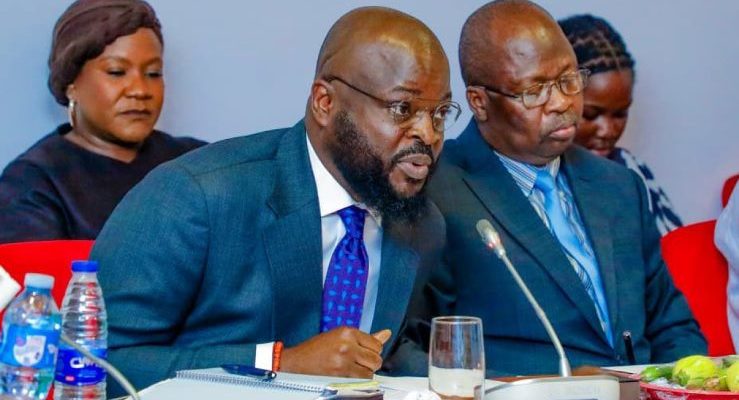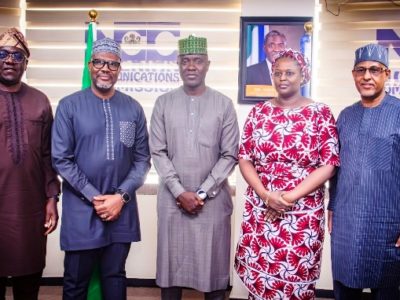Senate Confirms Olorunnimbe as NCC Chairman, Approves Five New Commissioners
The Senate has confirmed Idris Ibikunle Olorunnimbe (South West) as the Chairman of the Board of the Nigerian Communications Commission (NCC) following a successful screening conducted by the Senate Committee on Communications.
RELATED: NITDA, NCC boards, others dissolved
During plenary, lawmakers also adopted the Committee’s report and approved the appointments of Maryam Bayi (North East), Senator Ramoni Olalekan Mustafa (South West), and Ikechukwu Ugwuegede (South East) as Commissioners of the NCC Board.
ALSO READ: Tinubu reshapes leadership in Nigeria’s telecom and ICT agencies
According to a statement signed by Nnenna Ukoha, Head of Public Affairs at NCC, additional board members confirmed by the Senate include Princess Oforitsenere Emiko (South South) and Christopher Sandy Okorie (South South).
These appointments complete the composition of the Board, joining previously confirmed executives:
- Dr. Aminu Maida (North West) – Executive Vice Chairman
- Engr. Abraham Oshadami (North Central) – Executive Commissioner, Technical Services
- Rimini Makama (North Central) – Executive Commissioner, Stakeholder Management
NCC Board: Driving Policy, Regulation, Competition and Consumer Protection
The NCC Board is responsible for providing the strategic oversight that guides Nigeria’s telecommunications industry. Its statutory functions include governance, regulation, licensing, consumer protection, competition oversight, and market development.
Key Functions of the NCC Board
1. Governance and Oversight
- Provides overall governance for the Commission.
- Monitors and evaluates NCC’s activities and regulatory effectiveness.
2. Regulation and Policy Development
- Approves regulations, guidelines, tariffs, and charges in line with the Nigerian Communications Act.
- Ensures policies support sector growth and innovation.
3. Licensing and Authorization
- Grants and renews telecom licenses.
- Monitors licensees for compliance with regulatory conditions.
4. Market Competition and Investment
- Protects consumers and operators from anti-competitive practices.
- Promotes a liberalized, investment-friendly telecom environment.
5. Consumer Protection
- Safeguards consumer rights regarding tariffs, billing, and service quality.
- Ensures transparent and fair industry practices.
6. Service Quality and Industry Development
-
Ensures delivery of efficient, high-quality telecom services nationwide.
-
Supports initiatives that expand telecom infrastructure and innovation.
7. Dispute Resolution
- Mediates disputes among operators, subscribers, and stakeholders.
- Promotes regulatory stability and trust within the sector.
8. Strategic Planning and Advisory Role
- Formulates programs for the development of Nigeria’s communications sector.
- Advises the Minister on sector-wide policy direction.
9. Universal Access and Digital Inclusion
- Oversees strategies to extend telecom services to underserved and rural communities.
- Supports national objectives for universal connectivity and digital inclusion.































